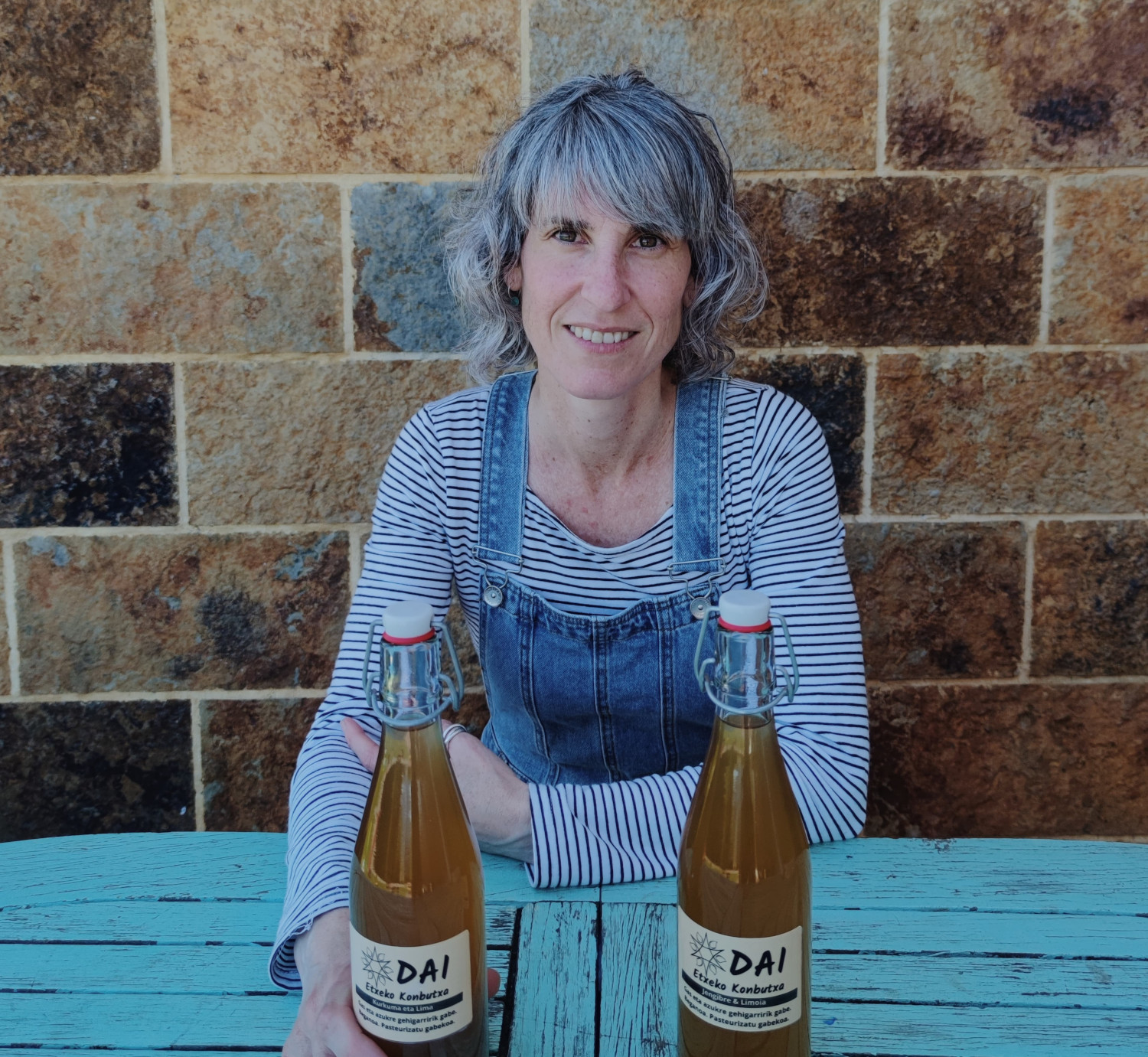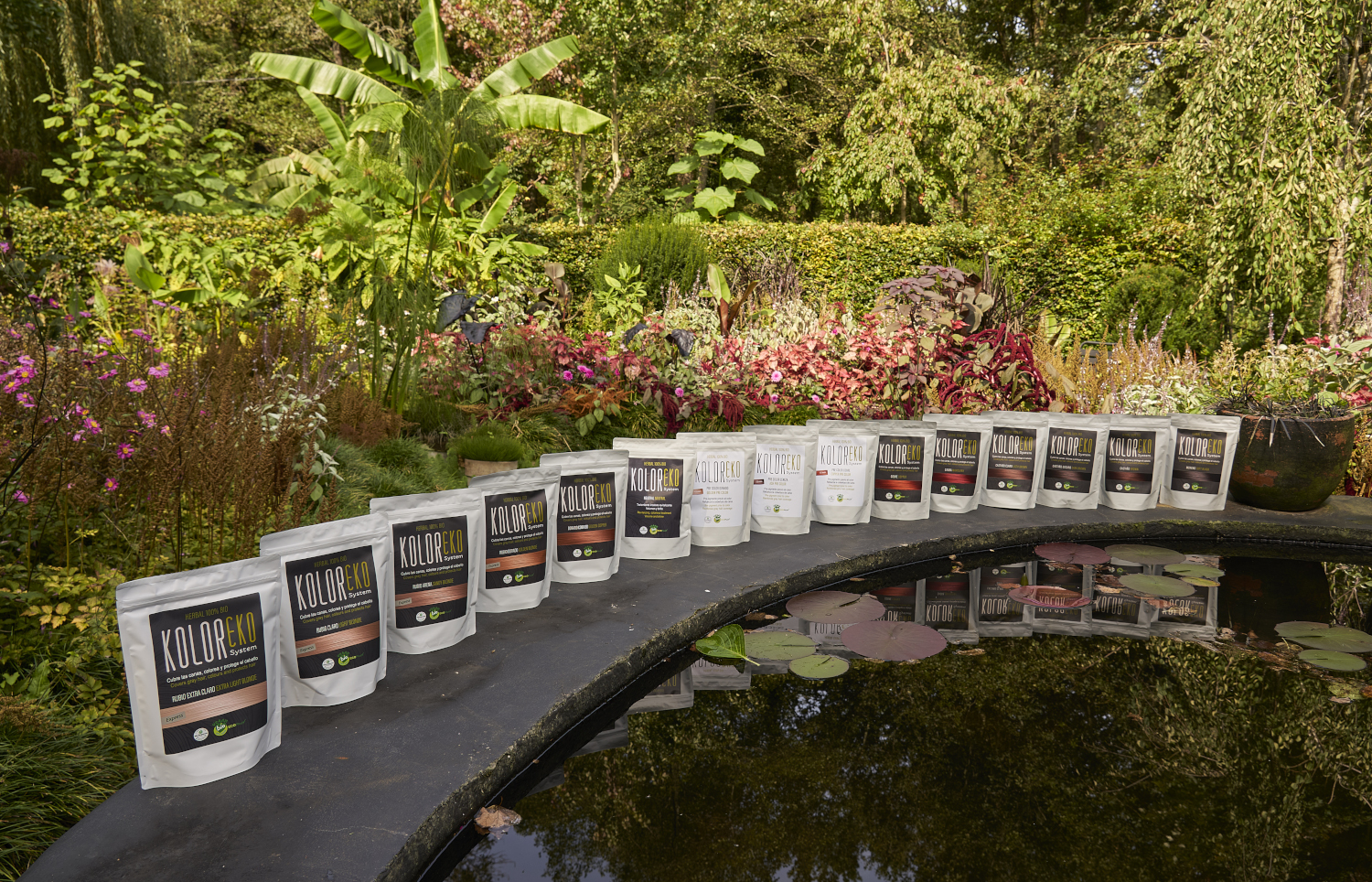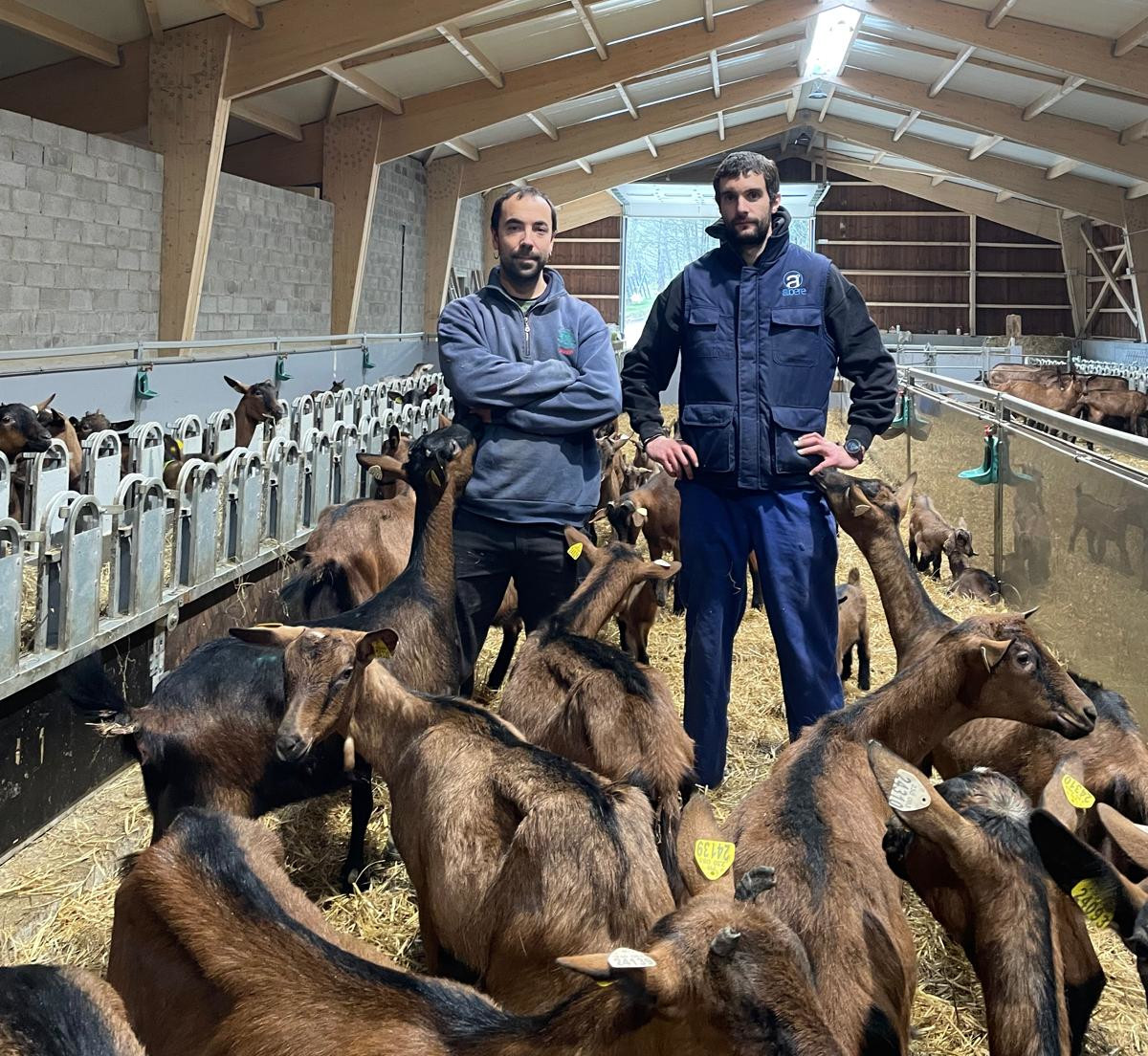
On 13 October, Salt Day in Leintz-Gatzaga was celebrated for the fourth consecutive year. The history of the people has been closely linked to the production of salt, and it has not yet ceased. “Today the City Hall is committed to the dissemination of saline culture in our environment,” explains Aitor Larrañaga, Rural Development Technician. They have three lines to drive this expansion: The Salt Museum, the resumption of salt production and Salt Day.
Commitment to the recovery of the activity
“The first writings concerning the exploitation of salt are from the Roman era, but we think that the exploitation comes much earlier,” explains Larrañaga. Salt production in the village factory was left around 1970, and about twenty years later, in the 1990s, the City Hall began to purchase and renovate the old factory. “2000. By the year 2000, the old factory began to function as a museum.” Nowadays, guided tours are organized by the salt culture.
After about 40 years of stoppage in the production of salt, the City Hall has re-produced salt a few years ago: “We make a lot of table salt that is already available for sale by Gipuzkoa. For the future we intend to extend it to the whole of Euskal Herria,” says the technician. Production is small, but it is believed to serve to spread the culture of salt. The production method is also very special: Throughout the Iberian Peninsula, it is the only place where salt is produced heated with firewood instead of the sun.
Influence of salt both on and underground
Organic and artisan product fairs, workshops and guided tours to the Salt Museum have been some of the activities scheduled for Salt Day this year. However, there has been a special novelty this year: Together with the members of the geology department of the UPV/EHU and Jakoba Errekondo, attendees have been able to know the salt landscape, both below and above the earth.
“Geologists have explained to us what this salt water spring looks like, what salt concentration and what minerals are in it. Errekondo tells us about the landscape that has created salt production.” 80 per cent of the lands of Leintz Gatzaga are for public use, as they produced salt with firewood and needed firewood. “This advertising has come to this day, which means that the management of the forest has also been different: there are few pines and the native forest is dominated by hardwoods.”
Duela lau urte abiatu zuten Azpeitian Enkarguk proiektua, Udalaren, Urkome Landa Garapen Elkartearen eta Azpeitiako eta Gipuzkoako merkatari txikien elkarteen artean. “Orain proiektua bigarren fasera eraman dugu, eta Azkoitian sortu dugu antzeko egitasmoa, bere izenarekin:... [+]
Donostiako Amara auzoko Izko ileapaindegi ekologikoak 40 urte bete berri ditu. Familia-enpresa txikia da, eta hasieratik izan zuten sortzaileek ile-apainketan erabiltzen ziren produktuekiko kezka. “Erabiltzaileen azalarentzat oso bortzitzak dira produktu gehienak, baina... [+]
Ubidekoak (Bizkaia) dira Imanol Iturriotz eta Aritz Bengoa gazteak. “Lagunak gara txikitatik, eta beti izan dugu buruan abeltzaintza proiektu bat martxan jartzeko ideia”, azaldu du Iturriotzek. Nekazaritzari lotutako ikasketak izan ez arren, baserri munduarekin eta... [+]
Iruñean bizi ziren Iñaki Zoko Lamarka eta Andoni Arizkuren Eseberri gazteak, baina familiaren herriarekin, Otsagabiarekin, lotura estua zuten biek betidanik. “Lehen, asteburuetan eta udan etortzen ginen eta duela urte batzuk bizitzera etorri ginen”, dio... [+]
Gipuzkoako hamaika txokotatik gerturatutako hamarka lagun elkartu ziren otsailaren 23an Amillubiko lehen auzo(p)lanera. Biolur elkarteak bultzatutako proiektu kolektiboa da Amillubi, agroekologian sakontzeko eta Gipuzkoako etorkizuneko elikadura erronkei heltzeko asmoz Zestoako... [+]
Emakume bakoitzaren errelatotik abiatuta, lurrari eta elikadurari buruzko jakituria kolektibizatu eta sukaldeko iruditegia irauli nahi ditu Ziminttere proiektuak, mahai baten bueltan, sukaldean bertan eta elikagaiak eskutan darabiltzaten bitartean.






















